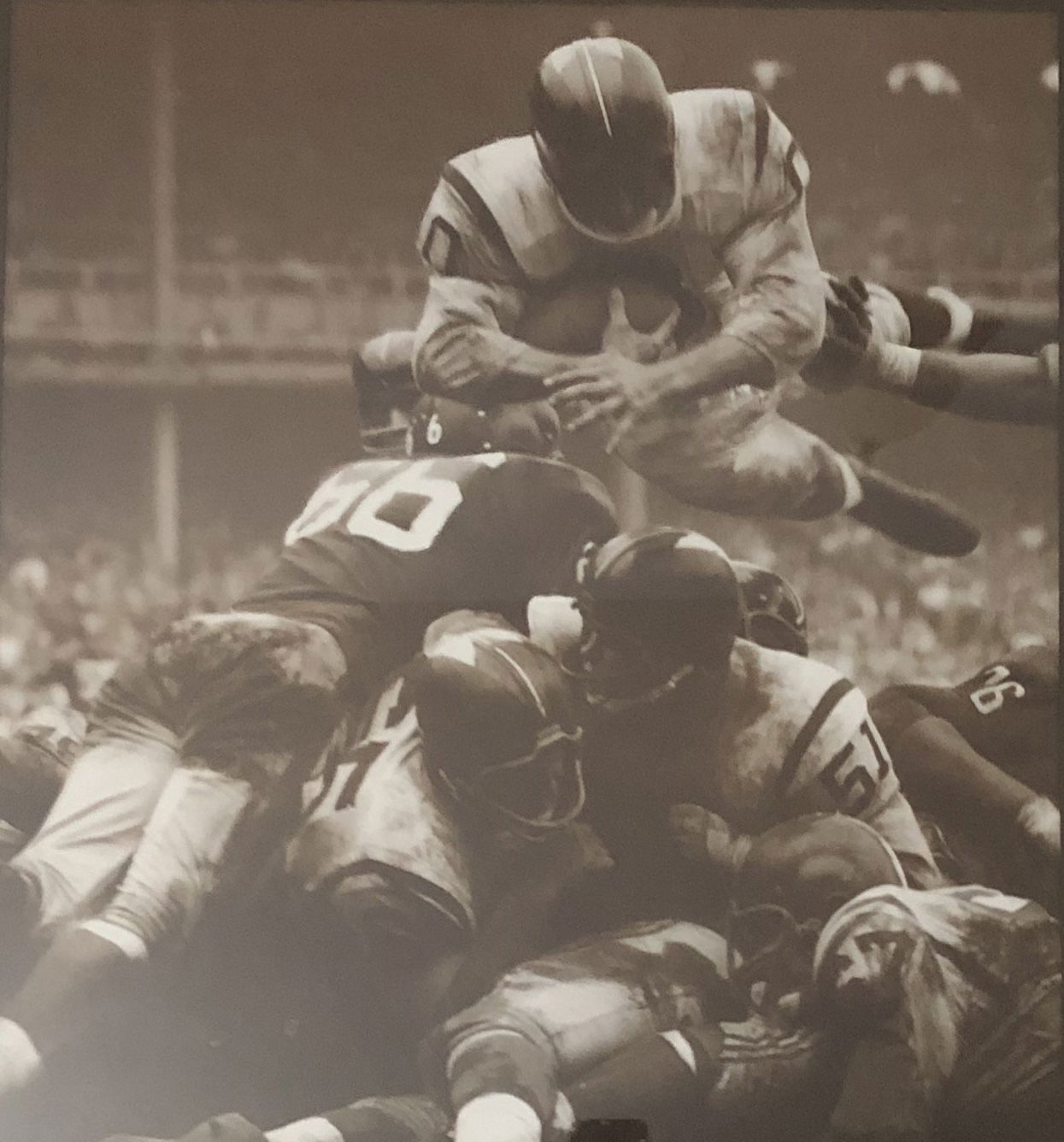The Gladiators of the Gridiron do not appear to be as Gargantuan as they did in the Past
Recently, Tom Brady made a media appearance in preparation for the forthcoming National Football League season. Brady took the time to deliver a well-done, Ciceronian critique of the current state of professional football in North America essentially. He surmised the game has suffered significantly due to the lack of adequate training and preparation some athletes receive in the collegiate system before being drafted or signed as a free agent.
Although Brady is not a lone voice bringing attention to the decline observed on the gridiron, he is probably the foremost expert to address this topic without being marginalized or canceled outright. The NFL would probably be reluctant to deliver a communique denouncing a venerated Brady for an objective analysis that was tantamount to a State of the Game speech.
Many individuals from my generation are the last to recall images of the muck and mire of the NFL where some football players were covered in mud, blood, and sweat following epic battles on the field. It was an era when running backs and fullbacks were more than just optional positions used in short-yardage and goal-line situations. While the forward pass was an integral part of football by the mid-seventies, most teams used the running game to set up the pass.
Unfortunately, college and professional football since the turn of the millennium has devolved into a bastardized form where the shotgun formation and multi-receiver sets are seen so often that a quarterback’s arm looks like it might fall off before the game concludes. Also, defenses have almost been eliminated by rule changes that prevent these units from delivering punishing blows that might make quarterbacks and receivers hesitant to go into certain areas of the field. When was the last time a defensive unit was given a menacing nickname?
Of course, anyone mentioning their displeasure in modern football will immediately be castigated by the media elite (e.g., Colin Cowherd, et cetera) who are quick to label detractors as Neanderthals or troglodytes. There is a reason why the populace is still captivated by football as opposed to basketball and baseball besides fantasy football and/or gambling.
Nevertheless, some changes in the sport were necessary because of the declining health of former players who were not receiving the kind of compensation that they helped athletes of the modern era become the beneficiaries of the commitment and bravery of the previous generation. Professional leagues and organizations did not appear willing to use some of their profits to assist retired players until litigation was sought. Consequently, football’s governance was more inclined to adjust some of the founding principles of the game that helped build its popularity and hoped that an unsuspecting public would not notice the difference.
The remedy to this problem may be rooted in expanded compensation packages that will defer more money in retirement could bring more aid in future medical expenses and detailed contracts that adequately explain the risk of playing this gladiator spectacle. Some athletes love the physicality of the sport so much that they may opt to compete and play an adapted version of the game that does not seem akin to flag football with armor and occasional collisions.
Friday, August 23, 2024

